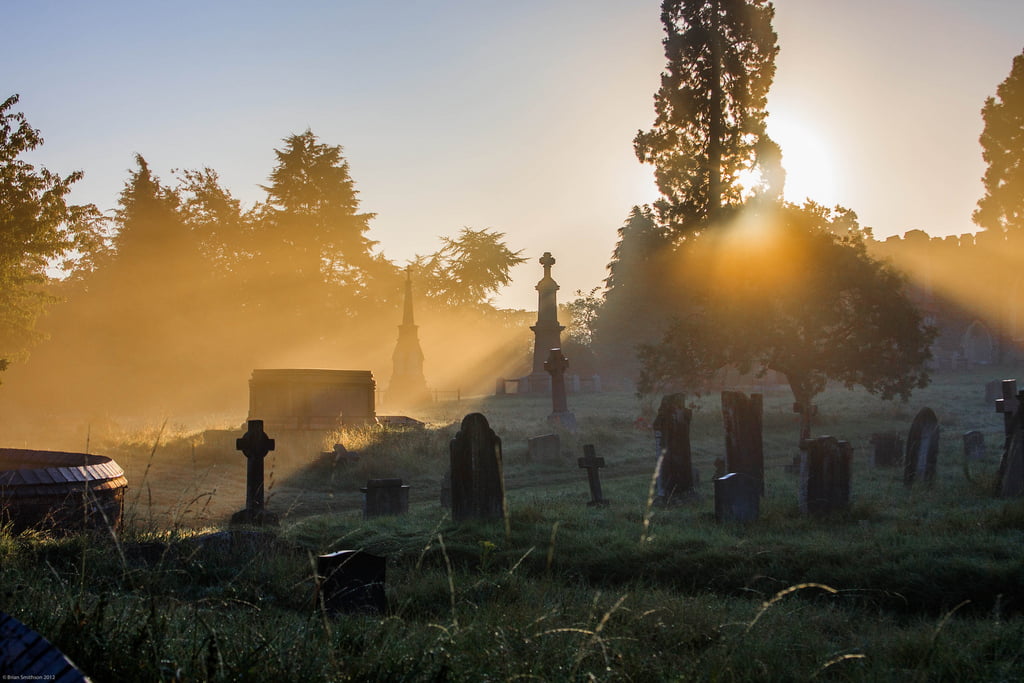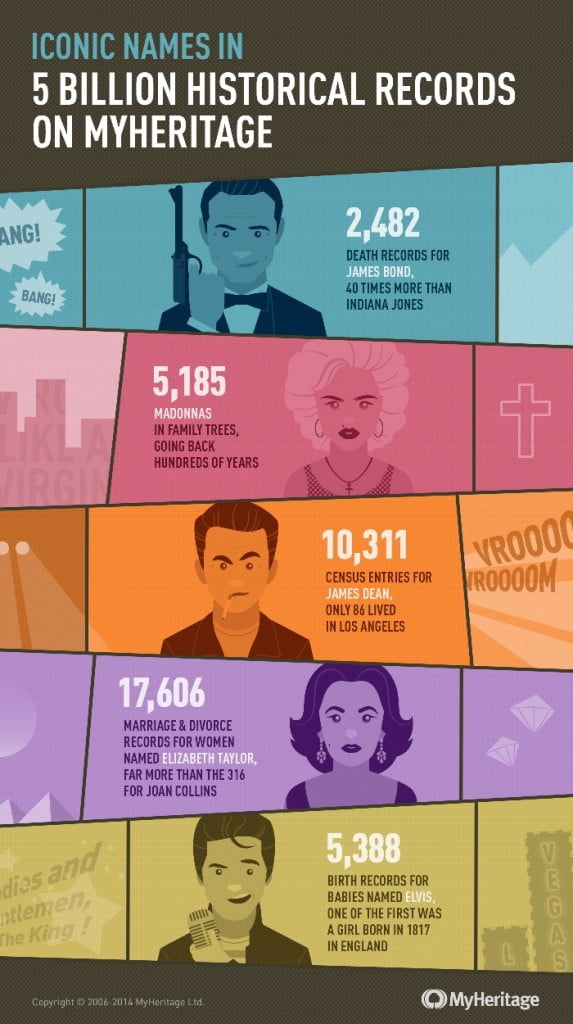MyHeritage, one of the world’s most successful genealogy websites with 1.5 billion user generated profiles, has given the world access to its family history. Now the company has decided to take its initiatives a step further, by mapping out all of the world’s graveyards and recording each tombstone.
CEO and founder Gilad Japhet, from Israel, became fascinated with the world of genealogy at the age of 13 as part of his own personal journey to discover his family’s roots. Fast forward a few decades, and MyHeritage last month announced its searchable collection of historical records passed the 5 billion milestone.
Related articles
Mapping the graveyards of the world
The company’s most recent partnership with BillionGraves, a global initiative to digitally preserve the world’s cemeteries, has added to MyHeritages’s already enormous database. Michael Mallin, Chief Product Officer, tells NoCamels: “We believe the BillionGraves partnership is one of the most original ideas of crowdsourcing, mobilizing hundreds of thousands of volunteers to go out to graveyards and photograph tombstones.”
While the notion of photographing a tombstone may seem odd for some, BillionGraves’ has created an easy-to-use mobile application that allows users to snap a picture and record the geographic location of the tombstone with a quick click. The images captured by BillionGraves users are then added to a large database of tombstone locations, which is set to enrich the already impressive collection of historical records available on genealogy websites like MyHeritage.
Indeed, according to Japhet, “Gravestones are among the most valuable information sources for family history research, and although there are many thousands of cemeteries worldwide, most of them have never been documented and their information is not available online. Time is chipping away at the gravestones and many are becoming unreadable over the years, so it’s up to our generation to preserve them.”
Scaring the competition off the tree
The partnership with BillionGraves is only one of MyHeritage’s recent successes. In 2013, MyHeritage was ranked the 3rd fastest-growing company in Israel and the 10th in all of Europe in Deloitte’s EMEA Fast 500.
Sign up for our free weekly newsletter
SubscribeAnd it’s little surprise; since 2008, the company has acquired almost all its major competitors, including the popular European family social networking site Kindo and the German Online Social Networking (OSN), which itself owned genealogy websites in dozens of languages. Conquering the European genealogy market wasn’t enough for Japhet and the MyHeritage team, leading the company to purchase major genealogy websites in the United States, like the popular site Geni.com.
In an interview with “Desert News,” Japhet explains his rush to buy up the online genealogy market: “Family history is a lucrative business. The main reason is people are passionate about it and it is very meaningful in their life…Anything that people are passionate about, which involves a lot of word of mouth, has to be good business.”
However, according to a number of leading sociologists and anthropologists, there is a more simpler explanation for why genealogy is quickly becoming one of the fastest growing services on the internet. As Rutgers University sociologist tells LiveScience: “We live in a society of millions to hundreds of millions of people, most of whom are strangers to us. If all of a sudden you are a fourth cousin of someone, it creates a sense of connectedness that you might not have had before.”
“Family is for life”
As fast as MyHeritage is growing, it is still not as big as it’s largest American competitor Ancestry.com, which has over 13 billion historical records under its command. Despite this fact, some of the more unique features of MyHeritage, like the Record Detective, a tool which automatically scans all available records and instantly translates names into the user’s language as well as the fun Celebrity Look-a-Like application are what keep over 75 million users coming back for more.
But if you ask Japhet, there is something inherently appealing to all of us about discovering our past, “Family history is an activity you can do for life. Once you have a customer, and you are giving that customer a great service, they become a customer for life,” which may be the best way to explain the unprecedented success of this family tree builder.
Photo: Brian Smithson
Related posts

Editors’ & Readers’ Choice: 10 Favorite NoCamels Articles

Forward Facing: What Does The Future Hold For Israeli High-Tech?

Impact Innovation: Israeli Startups That Could Shape Our Future






Facebook comments